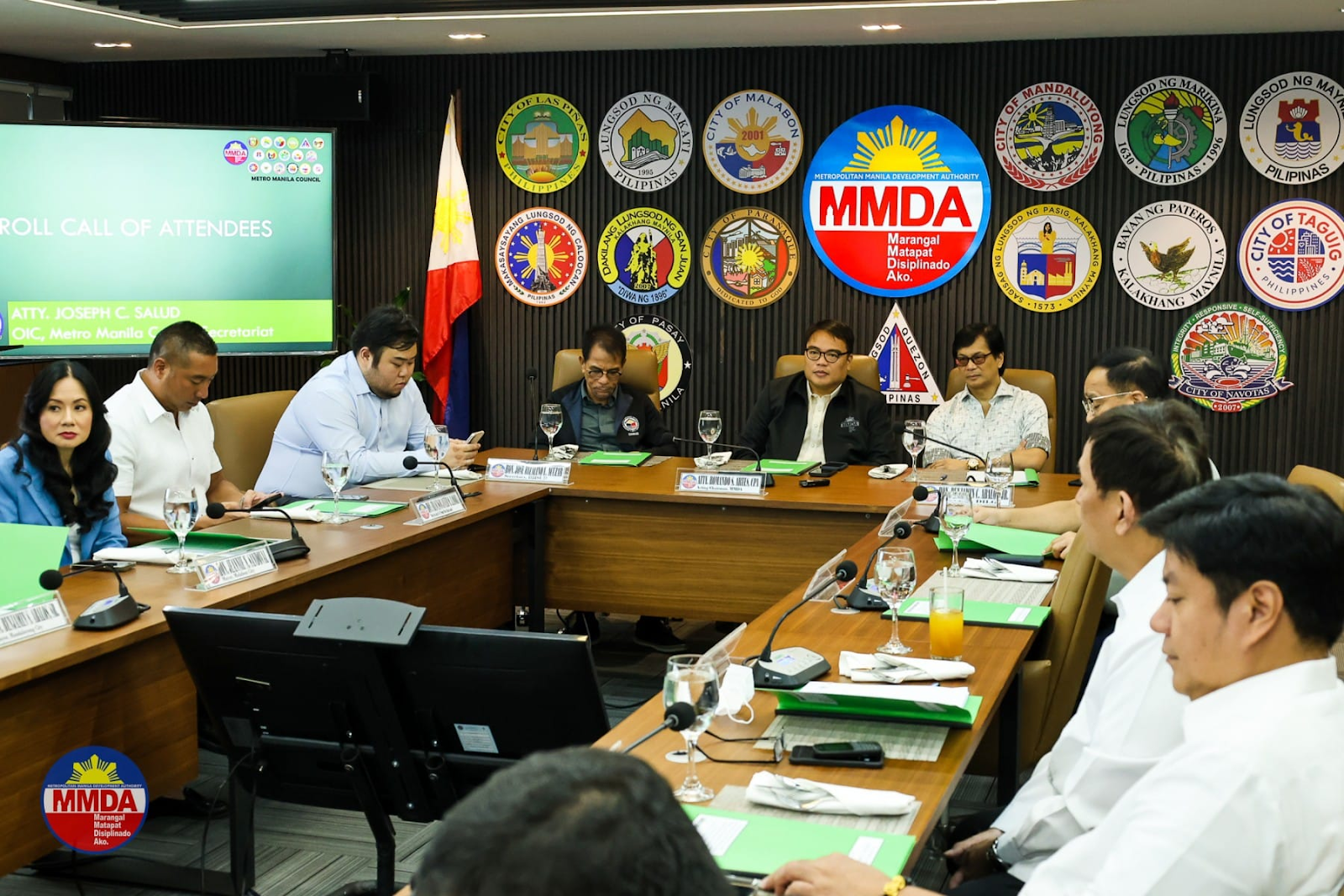THE government is veering away from an old approach in addressing the rapidly growing housing backlogs as the Department of Interior and Local Government (DILG) hinted at implementing an in-city temporary relocation for informal families who would form part of the list of beneficiaries under the government’s housing project in Metro Manila.
According to DILG Secretary Benhur Abalos, the government will not displace informal settlers, even as he warded off concerns aired by an urban poor group over the Pambansang Pabahay Para sa Pilipino (4PH) plan.
“In the first Metro Manila Council (MMC) meeting this year...government agencies, LGUs, and the private sector, will also identify lands to be used as ‘staging areas’ to prevent the displacement of families during the transition period,” reads a portion of the DILG statement.
Inter-agency meeting
In a meeting with Department of Human Settlement and Urban Development Secretary Jerry Acuzar, Metropolitan Manila Development Authority (MMDA) chairman Don Artes and mayors from the National Capital Region (NNCR), Abalos hinted at the construction of 170,000 housing units in Metro Manila for informal settler families (ISF) with a monthly payment of P5,000 or less.
During the meeting, Abalos reiterated that the relocation sites will be close to, if not in the original living areas of beneficiaries with in-city relocation even as he ordered mayors from Metro Manila’s 16 cities and lone municipality of Pateros to prepare the list of families that will benefit from the program.
The DILG chief likewise assured successful implementation of an approach similar to what he did in Mandaluyong City where he served as mayor. According to the DILG chief, he utilized container vans as temporary housing for ISFs while permanent relocation sites within the city were being prepared for them.
“The ISF families will not be displaced as we plan in-city relocation,” Abalos further averred.
Not going anywhere
Artes, for his part, assured that beneficiaries of the government housing program need not be shipped, transferred or billeted far from where they are currently staying.
“They will stay temporarily in the staging areas while we are looking for a permanent place for them. We will look for a place where they can stay,” noted Artes.
“ISFs will not be uprooted from their workplaces and schools for their children… 17 Metro Manila local government units have already been instructed to commence an inventory of the number of ISFs in their respective jurisdictions.”
San Juan Mayor Francis Zamora, in his capacity as chairman of the Metro Manila Council described in-city relocation as the most logical way to ensure success of the government housing program.
Perks for compliance
To entice compliance among beneficiaries, Acuzar said the ISFs who would be temporarily housed in staging areas would be given priority in the allocation of slots in the permanent housing sites.
He said the program will utilize funding from the private sector banks and government financial institutions.
Asked how much the beneficiaries will pay monthly, Acuzar said it would “definitely be lower than the prevailing commercial rate,” adding it would be P5,000 and lower.
The DHSUD chief said there are 55 housing projects in Metro Manila alone.
#OpinYonMetro #InformalSettlers #Relocation #Housing #4PH #PambansangPabahay #DHSUD #OpinYon #WeTakeAStand
